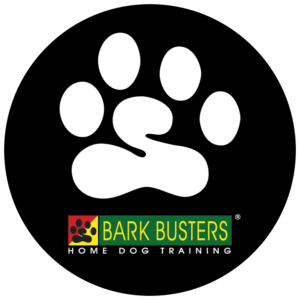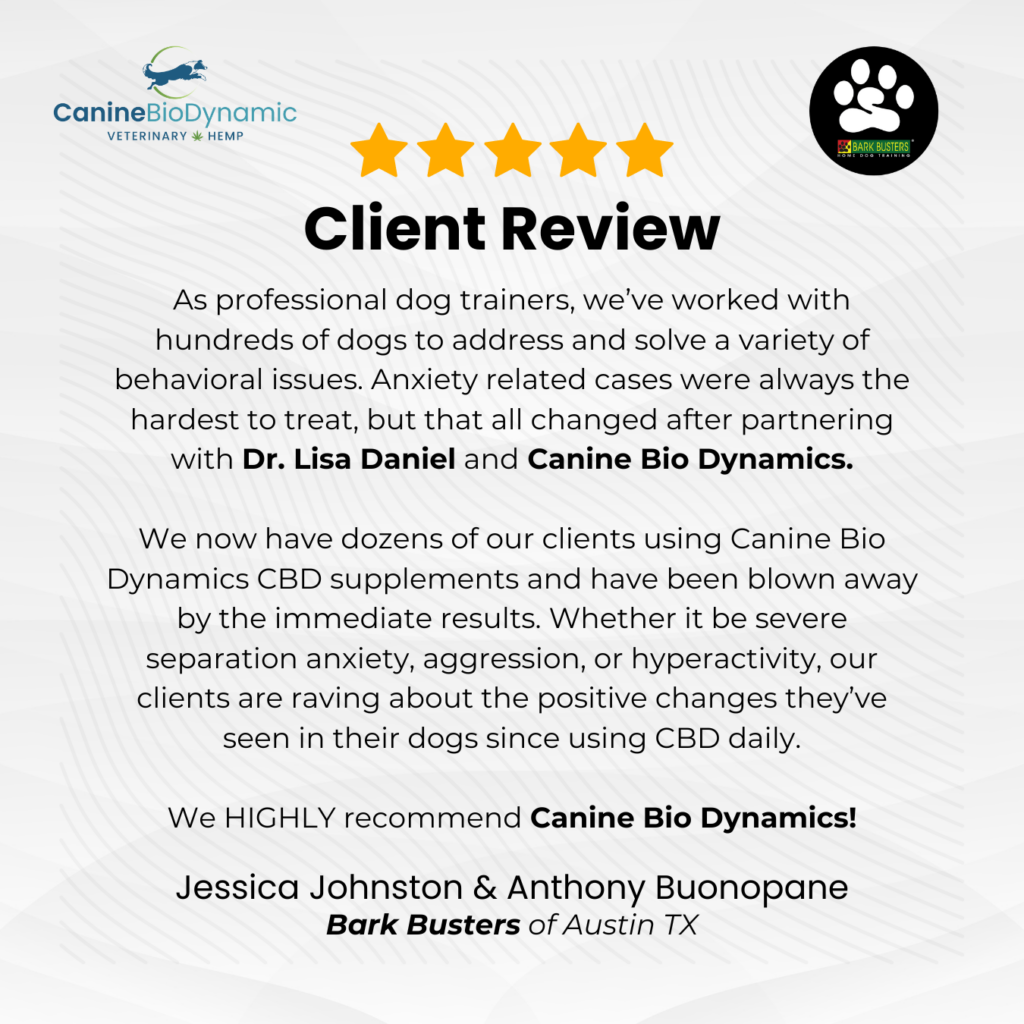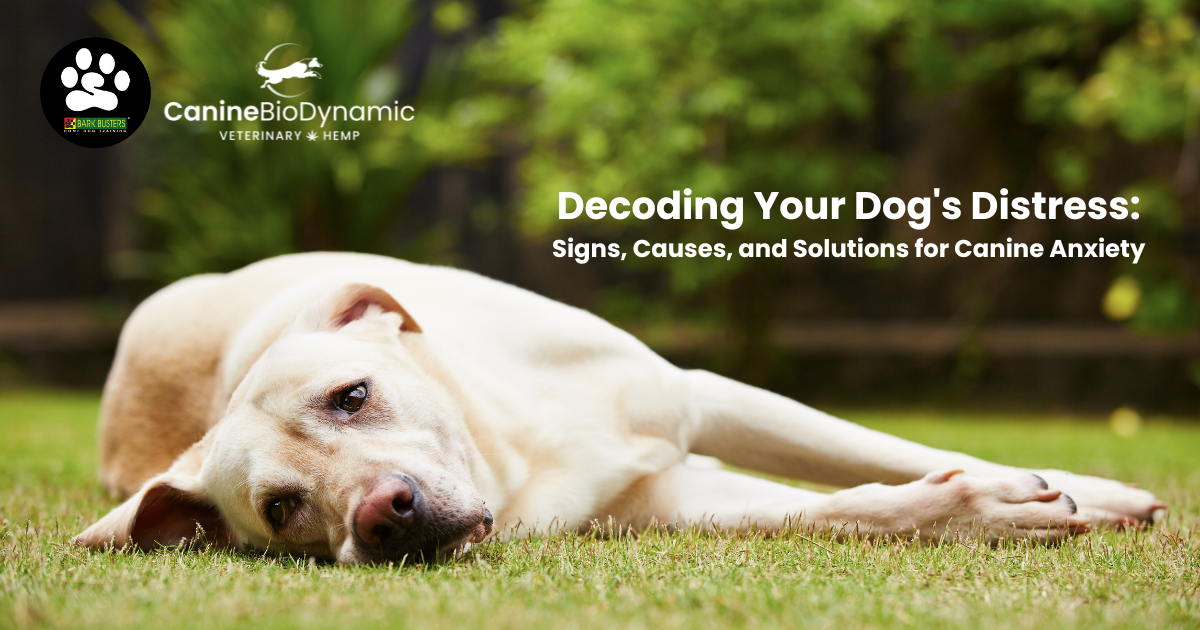Decoding Your Dog’s Distress: Signs, Causes, and Solutions for Canine Anxiety
Help Your Dog Relax: Understanding and Addressing Canine Anxiety
Recognizing the Signs of Anxiety in Your Dog
Canine anxiety is a common issue that can manifest in various ways. Here’s how to spot the signs:
- Physical signs: Excessive panting, pacing, trembling, whining, licking, diarrhea, vomiting, loss of appetite, dilated pupils, flattened ears, tucked tail.
- Behavioral signs: Destructive chewing, excessive barking or howling, digging, house-soiling, separation anxiety, aggression (out of fear), phobias, hiding, appearing withdrawn or anti-social around unfamiliar dogs or people.
Unveiling the Causes of Canine Anxiety
Several factors can trigger anxiety in dogs:
- Genetics: Some breeds are predisposed to anxiety, including but not limited to:
- Herding breeds: German Shepherds, Australian Shepherds, Border Collies
- Terrier breeds: Jack Russell Terriers, Wheaten Terriers
- Other breeds: Cavalier King Charles Spaniels, Bichon Frises, Labrador Retrievers
- Lack of socialization: Early exposure to different stimuli builds confidence.
- Negative experiences: Traumatic events can leave a lasting impact.
- Medical conditions: Underlying health issues can manifest as anxiety-like behaviors, such as:
- Pain: Chronic pain from arthritis, dental issues, or injuries can cause significant anxiety.
- Ear infections: The discomfort and irritation of an ear infection can make your dog anxious and restless.
- Skin problems: Itchy skin caused by allergies, fleas, or other conditions can lead to excessive scratching and anxiety.
- Thyroid problems: An overactive or under-active thyroid can disrupt your dog’s hormones and contribute to anxiety.
- Neurological disorders: Certain neurological conditions can affect your dog’s behavior and trigger anxiety like brain tumors, meningoencephalitis, neck, back or lumbar pain, IVDD (InterVertebral Disc Disease/Herniated Disk, pinched nerve, Lumbo-sacral Syndrome,
- Changes in routine: Disruptions to a dog’s sense of security can cause anxiety.
Training Techniques to Ease Your Dog’s Anxiety
The good news is that dog anxiety can be managed! Here are some effective training methods:
- Desensitization and counterconditioning: Gradually expose your dog to triggers in a controlled environment with positive reinforcement.
- Positive reinforcement training: Reward calm and confident behavior to build trust.
- Providing a safe space: Create a designated area where your dog feels secure during stressful situations.
- Exercise and playtime: Regular physical and mental stimulation helps release pent-up energy and reduces anxiety.
Exploring Treatment Options for Dog Anxiety
Training might not always be enough. Here are some additional options:
- Medication: Anti-anxiety medications can be prescribed by your veterinarian in severe cases. Drugs like Prozac and Benzodiazepines like Xanax can be used.
- CBD oil: CBD oil can be highly effective in reducing anxiety in dogs.
CBD helps anxiety by:
- Modulating Serotonin Signaling: Serotonin is a neurotransmitter often associated with feelings of well-being and happiness. Low serotonin levels are linked to anxiety and depression in humans. CBD may influence the way serotonin signals are transmitted in the brain, potentially leading to a more balanced mood.
- Reducing Inflammation: Chronic inflammation has been linked to anxiety and other mood disorders. CBD’s anti-inflammatory properties might indirectly contribute to reduced anxiety by addressing underlying inflammation.
- Stress Response Modulation: The amygdala is a part of the brain involved in processing emotions like fear and anxiety. Some studies suggest CBD may influence the amygdala’s activity, potentially leading to a calmer stress response.
Important Note: CBD oil is not regulated, so quality and effectiveness can vary greatly. Only use a veterinarian-developed product like CanineBIoDynamic’s CBD oils and treats.


Professional Dog Training: A Valuable Resource
Consider seeking help from a professional dog trainer.
Trainers like Bark Busters of West Austin utilize positive, nurturing, and dog-friendly techniques to effectively address anxiety-related behaviors. Using only voice tone and body language, their approach allows you to “speak dog” as it mimics the natural communication and learning process dogs instinctively know and understand. This means faster, longer-lasting solutions for you and your dog.
Dogs learn best in a familiar, safe environment, free of outside distractions and disruptions. That’s why Bark Busters comes directly to your home, on your schedule.
Every person, dog, and situation is unique and should be treated as such. Bark Busters builds customized training programs to meet the specific challenges, needs, and goals of each client, while also respecting the distinctiveness of their furry friends.
Dogs look to their families for guidance, safety, and love. However, the majority of people don’t fully understand how to appeal to a dog’s natural sense of leadership and communication. Bark Busters will teach you how to build confidence in your dog, creating a happier, healthier, longer-lasting relationship between dogs and humans.


If you live in Austin and are interested in home dog training, I highly recommend trainers Jessica Johnston and Anthony Buonopane. You can reach them directly at 512-831-1883 or [email protected].
Helping Your Dog Live a Happier Life
By understanding the signs and causes of anxiety, implementing training tools, and exploring treatment options, you can help your dog overcome anxiety and live a happier, more relaxed life. Remember, a calm and confident dog makes for a more enjoyable companionship for both of you.
Have questions about using CBD in your pets for anxiety? Call or email Dr D today: [email protected], 512 413 2349.
Live in Austin and need dog training for your dog? Contact Jessica and Anthony of Bark Busters at: You can reach home at 512 831-1883 or email: [email protected]
Live in Austin and need dog training for your dog? Contact Jessica and Anthony of Bark Busters at: You can reach home at 512 831-1883 or email: [email protected]



